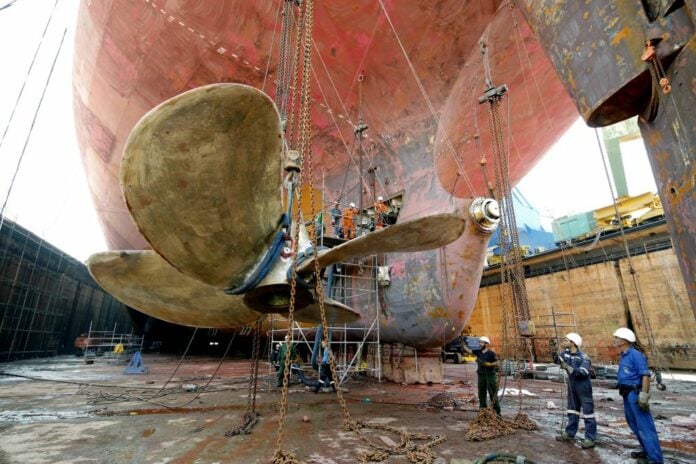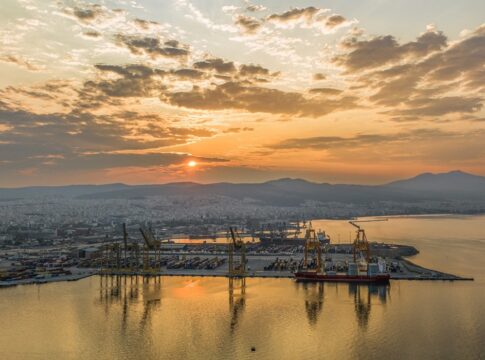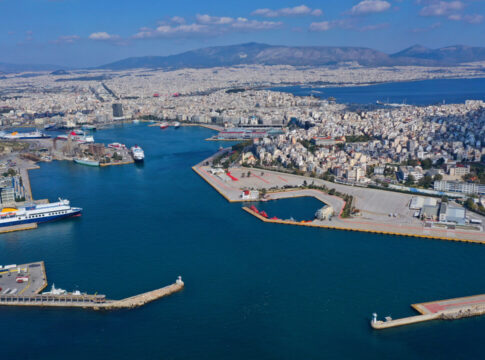The Greek shipbuilding industry is undergoing a widespread refurbishment in 2025. However, it is faced with new challenges and opportunities, as shipping has already begun its journey towards the green transition, in view of the new environmental regulations.
“N” estimated that the leading role of Greek shipping internationally enables the great return of the shipbuilding industry in our country.
Greek shipowners hold a leading role in the global order book, with over 500 ships under construction, most of which have the ability to use alternative fuels.
The shipbuilding industry, which is the cornerstone of global trade and maritime security, is now undergoing new transformations.
The market is developing rapidly, following technological developments and changes in the economy and politics while meeting the need for strict safety protocols.
Environmental regulations are pushing for greener ship designs, while digital innovations are boosting efficiency and safety.
Technological innovation continues to be a critical factor in the shipbuilding industry. The adoption of automation, digitalization and advanced manufacturing techniques is revolutionizing shipbuilding processes.
Now, innovative ship technologies that incorporate artificial intelligence and the internet are enhancing operational efficiency, safety and sustainability.
However, the industry continues to face labor disputes, supply chain disruptions and a continuing need for skilled labor due to the use of new, alternative fuels and technology.
The path towards the green transition in Greek shipyards will require synergies and specialization, as the energy upgrade of the existing fleet and the construction of new green ships, not only for Greek coastal shipping but also for other sectors, such as tugboats and cruises, will be among the immediate priorities.
Representatives of the sector have asked the EU for a comprehensive framework of support and modernization of EU law, so that the shipyards of EU member states can be effectively protected from unfair competition.
They have pointed out that any public funding should bring tangible benefits to European shipyards, but also to the manufacturers of marine equipment that are now considered essential for the decarbonization of the European maritime sector.














